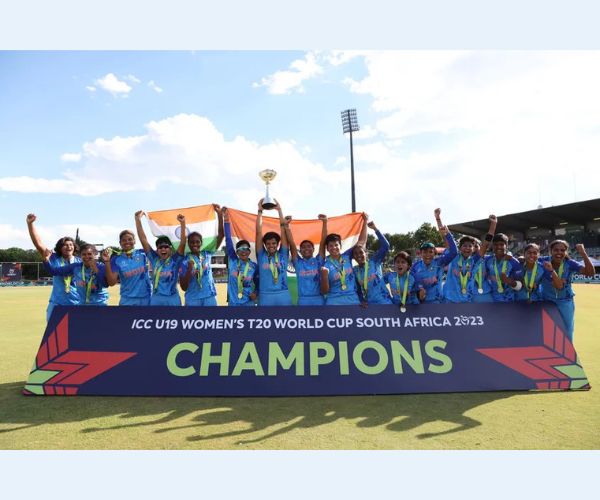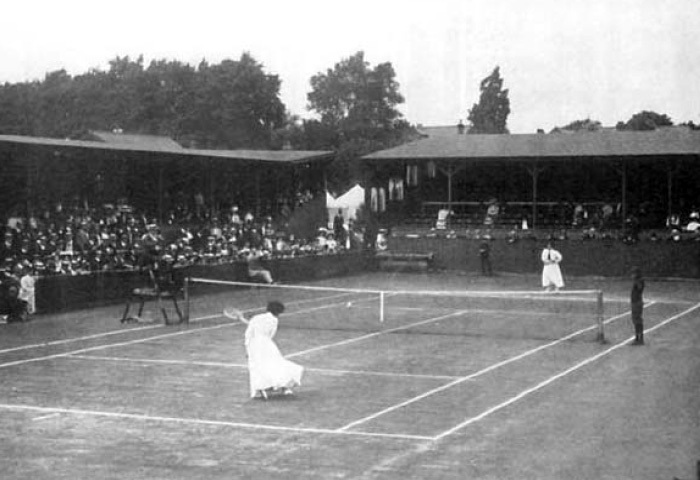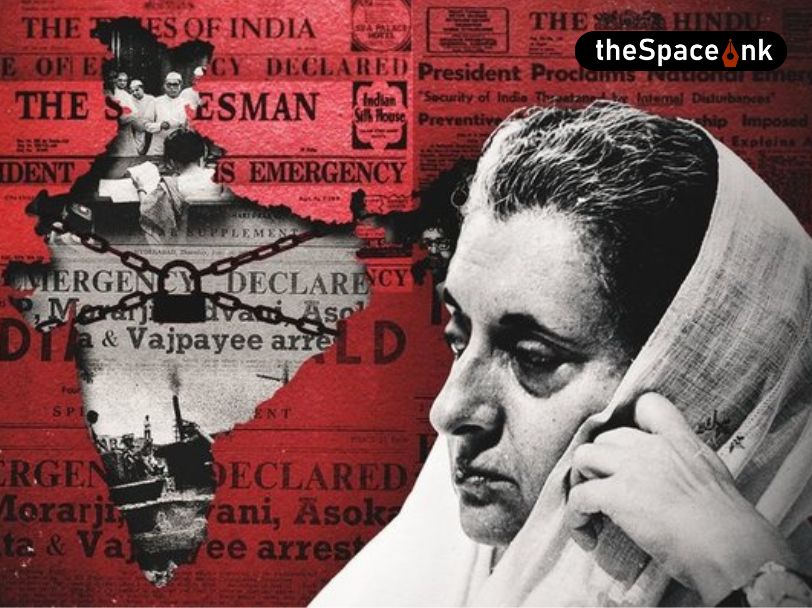Have you ever wished you were born in a different era? I often do as I witness the landscape of women’s sport quickly changing. These are exciting times for sports women especially in India. Had I expressed my desire to take up cricket as a profession in this era, it wouldn’t have been frowned upon or brushed aside without even a family discussion. But in those days sport as a career option wasn’t very lucrative or glamorous even for men, let aside women. World over, the nature and purpose of women’s sport was largely meant to be recreational and informal. Women were expected to play solely for entertaining themselves with no rules governing play and no competitiveness whatsoever.
Not long ago there were only a handful of noteworthy female names like P.T. Usha, Anju Bobby George, Karnam Malleswari, Rani Rampal who would come to one’s mind. But in the recent past many more names have been added to the illustrious list of Indian women achievers like Sania Mirza, Anjum Chopra, Saina Nehwal, Jhulan Goswami, Sakshi Malik, Mithali Raj, Mary Kom, PV Sindhu, Mirabai Chanu, Manu Bhaker to name just a few who have brought laurels to the nation. Not only have they become household names, our sports women are inspiring a whole generation of young girls and boys who hopefully will take up sport as a profession. And the most recent win of the inaugural Women’s Under 19 T20 World Cup by our women in blue comes at a perfect time after the Board of Control for Cricket in India announced the Women’s Premier League in cricket, which kicks off in March 2023 and is being seen as another significant moment in the history of women’s sport in India.

A brief look back in time confirms that women have always shown an inclination towards physical activities. In Odyssey, one of his most acclaimed literary works of the 8th century BCE, Homer mentions Princess Nausicaa and her handmaidens engaged in playing ball on the river bank of Scheria close to where Odysseus is asleep. In ancient India outdoor activities for women included polo, hunting and water sports which were nothing more than a hobby and pastime. In was only in the 1800’s and later in early 1900’s with the formation of athletic clubs in New York and New Orleans in which tennis, bowling, croquet and archery became popular sporting activities among women that we see a gradual shift come about around the idea of women participating in competitive sports.
At the 1900 Olympic games women for the first time competed and were only allowed in the categories regarded as feminine sport. Gradually and in subsequent Olympic Games more events were included that saw the number of female athletes competing, swell considerably. World War II was an important period for women in the United States when along with the men, women too joined either the military service or the workforce. This furthered the movement for women’s equal rights as more and more women began to believe that if they were able to compete in the workforce they were also likely to succeed in the athletic fields.
Later in 1972, Title IX of the Omnibus Education Act was enacted by United States Congress with an aim to ensure equal higher educational opportunities for both male and female students, but it proved to be a colossal step towards the increase in women’s participation in sports.

Interestingly, closer home, physical fitness along with female education played a significant role in the empowerment of women revolutionaries in Bengal. The culture of physical training gained momentum during the British rule with a number of schools and colleges providing girls with the opportunity to participate in activities like badminton, swimming, tennis and cycling while the local clubs and gymnasiums trained them in traditional art forms and combat techniques like lathi khela (traditional stick fighting) and dagger fighting that was meant to provide them with self-defence skills crucial for those looking to engage in revolutionary activities.
Also read: A Voyage Through Tide & Time
There’s no doubt that sport has a wide range of benefits on young girls from improving their immunity system to cutting down on chances of chronic illnesses that strike later in life. According to the Women’s Sports Foundation (WSF), participation in sports not only boosts both physical and mental health but also lowers levels of depression. In times when social media leads to comparison anxiety among the youth, girls and women who played sport reported better self-confidence and body esteem with an overall positive body image. Yet, despite these resounding evidence the number of girls participation in sport is still low with studies by the WSF showing that by age fourteen, girls drop out of sport at a rate which is two times that of boys.
While good infrastructure and sport facilities are a must, it takes more than that to interest young girls in a sport. During their formative years children need a role model to look up to and if that happens to be a sports women of national or international acclaim, there’s a good chance young girls will be inspired to follow in her footsteps. And just like we celebrate the success stories of our male superstars, we need to celebrate the women in sport too, to make it attractive and a viable career option. Also, taking girls to local sporting events of state and national level can whet their appetite for the sport. Encouraging girls to take part in sports is the first step, but to ensure they don’t drop out one needs to take into account the challenges girls encounter on the playing field. If you want sport to become her way of life, when enrolling a young girl in a sports facility make sure she feels safe and the playing environment is fair.
Images courtesy: Wikimedia Commons
Lesley D. Biswas is a freelance writer and children’s author based in Kolkata. Her interests include nature, bird photography and cricket.







